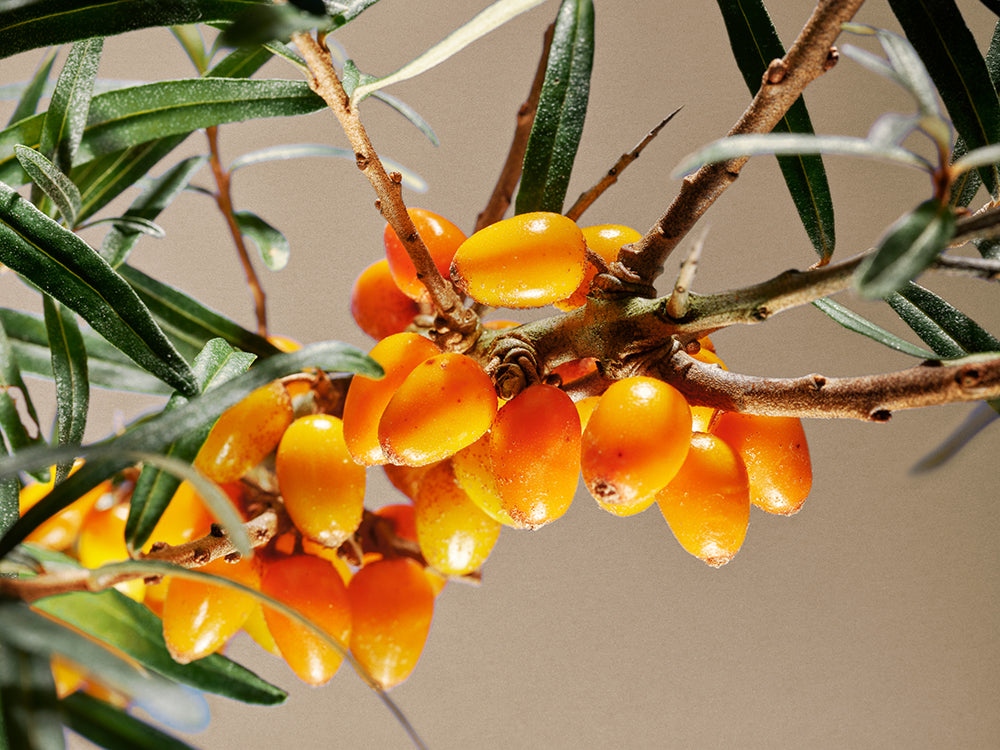Propolis
Bienen machen diese
Bienen machen diese
Bienen machen diese
15K
Flüge/Tag
20
Blumen
4
Millionen Blumen
1/2
Teelöffel Honig
15K
Flüge/Tag
20
Blumen
4
Millionen Blumen
1/2
Teelöffel Honig
15K
Flüge/Tag
Title
20
Blumen
Title
4
Millionen Blumen
Title
1/2
Teelöffel Honig
Kraftvolles Propolis

Was macht Honig so einzigartig?

Kraftvolles Propolis

Was macht Honig so einzigartig?

Kraftvolles Propolis


Was macht Honig so einzigartig?
Bessere Pflanzen
Bessere Inhaltsstoffe


Bessere Pflanzen
Bessere Inhaltsstoffe


Bessere Pflanzen
Bessere Inhaltsstoffe



